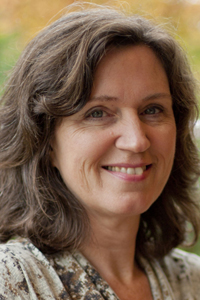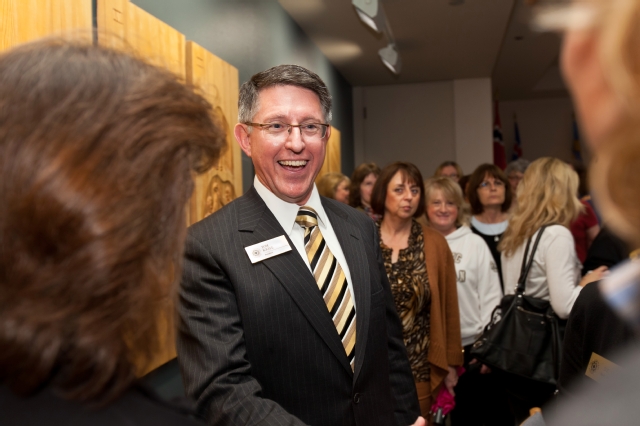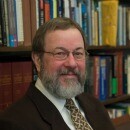Page 36 • (1,006 results in 0.029 seconds)
-
Publishing and Printing Arts Course Selection J-Term 2022 Electives BUSA 340: Nonprofit Management HIST 248: Innovation, Ethics, and Society Spring 2022 PPAP Core Courses: PPAP 302/ENGL 312/COMA 322: Publishing Procedures PPAP 321/ENGL 313/ARTD 315: The Art of the Book I (AR) PPAP 322/ENGL 314: The Art of the Book III (AR) PPAP Electives: ARTD210: Graphic Design 2 ARTD 320: Photography 2: Digital ARTD 410: Graphic Design 4 BUSA 203: Managerial Accounting BUSA 305: Behavior in Organizations BUSA
-
student, one for a diversity candidate, one for a First Nations student. All aspects of renewable energy, including social sciences and humanities as well as sustainability and grid issues, are fair game. The deadline for applications is Feb 15, 2023, and details can be found on our website. Read Previous Gulf Coast Undergraduate Research Symposium (GCURS) Read Next The Office of Science is Now Accepting Applications for Spring 2023 Undergraduate Internships! LATEST POSTS ACS Diversity, Inclusion
-
an environmental issue about which they gained awareness through their work on the watershed. Luis Reyes | Audiovisual Letter | “To My Esteemed Colleague” on the Hanford Nuclear Plant Digital Storytelling | Dr. Kevin O’Brien Students in RELI 365: Climate Justice created a variety of digital stories using audio and video to explore values and ask questions about complex environmental problems. Coming Soon!
-
Copyright policies and practices in higher education are shaped by federal legislation, most recently the Digital Millennium Copyright Act (DMCA, 1998), the TEACH Act (2002), and the Higher Education Opportunity Act (HEOA, 2008). These laws seek balance between the rights of copyright holders and the needs of the public, including educators and learners. The DMCA and TEACH acts relate primarily to instructional use of copyrighted materials, whereas the HEOA is relevant in this context primarily
-
Questions to ponder Participants will consider a variety of questions: What are the different yet complementary dimensions of faith? What is the difference between education and formation? What are the purposes of faith formation in a dynamic model of congregational life? Why is it helpful to distinguish between initial and ongoing formation? How do adults learn? How do various media (e.g., digital, liturgical, musical, print) form faith? What formation practices are essential? How does one
-
Questions to ponder Participants will consider a variety of questions: What are the different yet complementary dimensions of faith? What is the difference between education and formation? What are the purposes of faith formation in a dynamic model of congregational life? Why is it helpful to distinguish between initial and ongoing formation? How do adults learn? How do various media (e.g., digital, liturgical, musical, print) form faith? What formation practices are essential? How does one
-
empower themselves and others to challenge prejudice, violence, and other forms of dehumanization. The conference highlights interdisciplinary approaches to Holocaust and Genocide Studies with strong attention to arts, humanities, social sciences, and professional studies (including education).October (October) Education: The Jolita Hylland Benson Education LectureSeeks to encourage the thoughtful exploration of education in its various capacities and different ways education can and should be
-

April 26, 2012 Engineer turned poet named Washington State Poet Laureate By JuliAnne Rose ’13 Realizing her passion and remarkable talent for poetry in her thirties, engineer-turned-poet Kathleen Flenniken’s work was bolstered when she received Washington State Poet Laureate earlier this year. Kathleen Flenniken ’07 was named the Washington State Poet Laureate for 2012-2014. Sponsored by Humanities Washington and the Washington State Art Commission, Flenniken received the prestigious position
-

. Before moving to UCF, he served 22 years in the U.S. Air Force, retiring with the rank of Lieutenant Colonel. He served on the faculty of the Air Force Academy in Colorado Springs, as a senior military fellow of the Institute for National Strategic Studies in Washington, D.C., and as vice director of the National Defense University Press. He was the founder and first director of the Air Force Humanities Institute, and deputy head of the Department of English and Fine Arts at the Air Force Academy. He
-

Clara University, the University of San Francisco, and San Francisco Theological Seminary. Oakman was Chair of the Department of Religion from 1996-2003, and served as Dean of the Division of Humanities in the College of Arts and Sciences from 2004-2010. Oakman is a graduate of the University of Iowa (B.A. in 1975 with honors in Religion) and Christ Seminary-Seminex (M.Div. 1979), and received his Ph.D. in New Testament from the Graduate Theological Union in Berkeley, CA (1986). He is author of five
Contact InformationArea of Emphasis/Expertise
Do you have any feedback for us? If so, feel free to use our Feedback Form.


